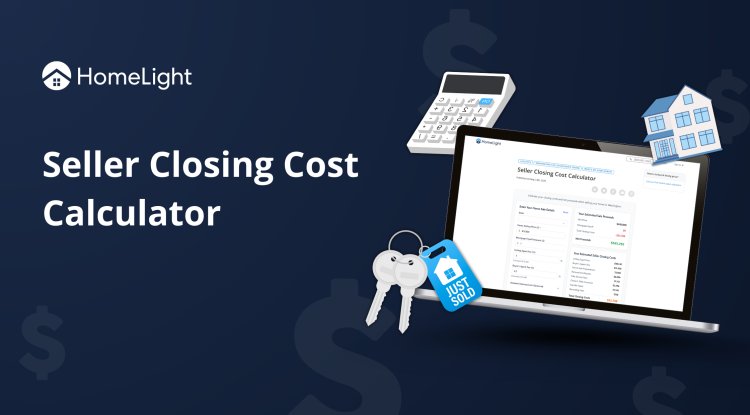What You Should Know About Remote Healthcare Data Entry Careers in 2025
What You Should Know About Remote Healthcare Data Entry Careers in 2025
Explore key roles, essential skills, and technology involved in remote healthcare data entry careers. Understand how this career path maintains accurate patient records while safeguarding sensitive information.
Overview of Remote Healthcare Data Entry Careers
Remote healthcare data entry roles involve managing and updating electronic patient records with precision. This ensures continuity of care by keeping medical histories accurate and current. Professionals in this field work with healthcare providers remotely, focusing on data integrity and timely billing updates while maintaining confidentiality.
The career requires a solid understanding of healthcare terminology, data software, and compliance standards to protect sensitive information. As electronic health records systems evolve, remote data entry continues to be essential for efficient healthcare delivery.
Essential Skills for Remote Healthcare Data Entry
Key skills include attention to detail, proficiency with healthcare databases, and understanding privacy regulations like HIPAA. Data entry specialists must accurately interpret medical documents and translate them into structured electronic formats. Strong typing abilities and experience with software tools help maintain swift and precise data handling.
Communication skills are important for clarifying ambiguous information. Continuous learning and adapting to new technologies support the evolving demands of remote healthcare data entry positions.
Technologies Used in Healthcare Data Entry
Remote healthcare data entry relies heavily on electronic health record (EHR) platforms and specialized billing software. These technologies streamline patient data management and insurance claim processing. Secure cloud-based systems allow remote workers to access and update records while ensuring compliance with privacy rules.
Data validation tools and automated error checking further enhance accuracy. Familiarity with common EHR systems supports efficient workflow in virtual healthcare environments.
Certification and Training Opportunities
While formal certifications may not always be required, completing credential programs can enhance job prospects. Certifications such as Certified Healthcare Documentation Specialist (CHDS) or Medical Administrative Assistant degrees offer foundational knowledge.
Many training programs are available digitally through platforms like Coursera and edX, providing structured courses on medical terminology and EHR usage (Source: https://www.coursera.org/). These resources help individuals understand industry standards and maintain best practices in remote data entry roles.
Work Environment and Job Outlook
Remote healthcare data entry provides flexibility, allowing professionals to work from home while supporting healthcare organizations. The demand for accurate patient data management has increased with digital health record adoption.
This career offers entry points for individuals seeking administrative roles in healthcare and supports ongoing operations during times of healthcare delivery changes. Understanding salary ranges and growth opportunities can guide those exploring this pathway.
Challenges and Considerations in Remote Data Entry
Maintaining data accuracy under tight deadlines and navigating complex medical terminology can be challenging. Ensuring compliance with regulations requires diligence.
Remote work may demand self-motivation and effective time management. Awareness of technological updates and security protocols is essential to mitigate risks of data breaches or inaccuracies.
Understanding Patient Record Confidentiality
Safeguarding patient information is paramount in healthcare data entry. Compliance with HIPAA and other privacy laws governs data handling and storage.
Professionals must follow established protocols to protect patient identities and ensure data security within remote systems. This legal framework supports ethical data management and builds public trust.
The Role of Billing and Coding in Data Entry
Healthcare data entry often intersects with medical billing and coding processes. Accurate coding ensures correct billing and reimbursement from insurance providers.
Data entry workers may support this workflow by updating records according to coded diagnoses and procedures, facilitating smooth financial operations within healthcare facilities.
Collaboration and communication platforms enable remote teams to stay connected while managing patient data. Tools like secure emails, VPNs, and encrypted software are commonly used.
These technologies uphold data safety and help meet regulatory requirements, enhancing reliability in remote healthcare environments.
Remote healthcare data entry roles can lead to advancement in medical administration, coding, or health information management. Specialized training and certifications increase eligibility for higher positions.
Continuing education through reputable providers supports skill development needed to progress in healthcare data careers (Source: https://www.edx.org/).
Digital transformation in healthcare drives demand for remote data roles, with increasing reliance on telehealth and electronic records. Automation and AI tools are beginning to support repetitive tasks, changing job scopes.
Understanding these trends helps professionals adapt and remain valuable within evolving healthcare systems.
Striking a balance between speed and precision is critical in healthcare data entry. Errors can affect patient care and billing.
Advanced software assists in error detection, but human oversight remains essential to ensure data quality. Developing effective workflows contributes to overall healthcare service quality.
Many platforms provide accessible courses on medical terminology, data entry techniques, and healthcare compliance. Platforms like Grow with Google offer programs that can boost relevant skills (Source: https://grow.google/).
Engaging with structured educational content prepares individuals to meet industry expectations and supports professional growth.
Accurate data entry ensures that healthcare providers have up-to-date patient information for diagnosis and treatment decisions. Remote workers contribute to maintaining this vital information flow.
This role supports continuity of care by enabling timely data availability in healthcare systems, indirectly enhancing patient outcomes and administrative efficiency.
Prospective remote healthcare data entry professionals should evaluate the technical requirements, privacy responsibilities, and ongoing learning needed.
Understanding industry challenges and expectations aids in making informed career decisions within this growing field. Awareness of legitimate training and certification sources contributes to readiness and competence.
Remote Work Tools Supporting Healthcare Data Entry
Career Pathways and Advancement Opportunities
Industry Trends Impacting Remote Healthcare Data Entry
Balancing Accuracy and Efficiency in Data Management
Exploring Educational Resources for Skill Building
How Remote Healthcare Data Entry Supports Patient Care
Key Considerations for Those Considering This Career







